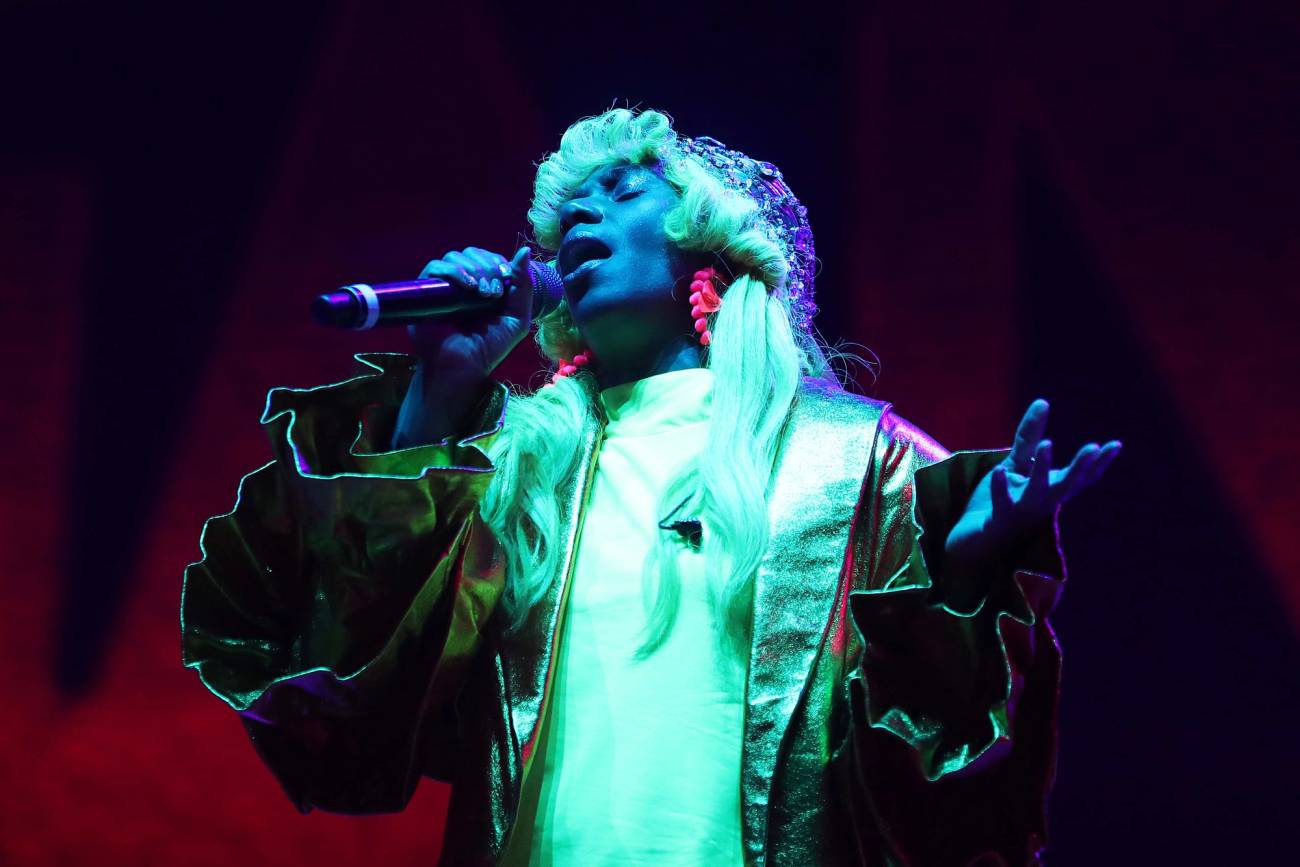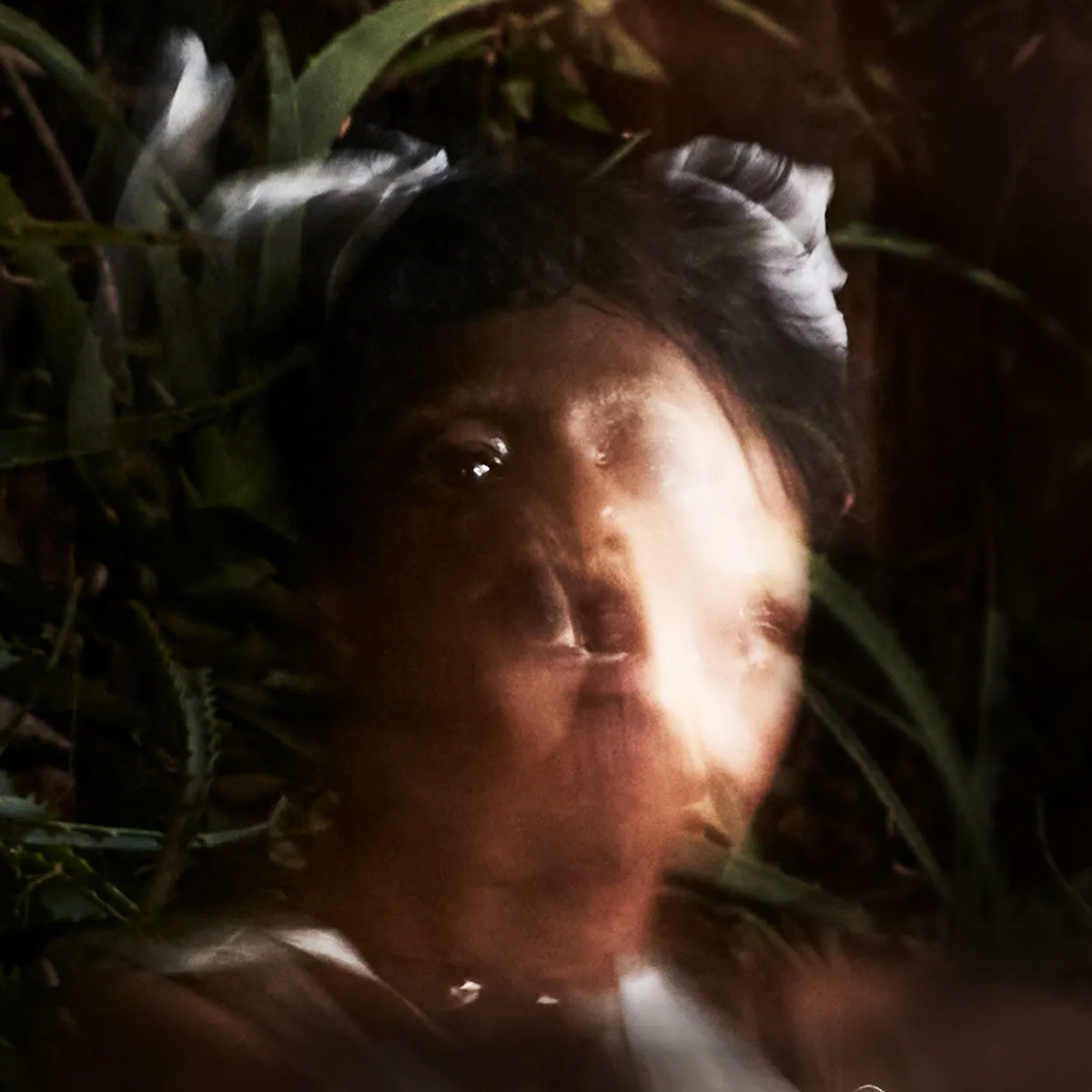The Solitude of Santigold
Her latest album is a rare combination of uncertainty and raw determination



Let’s suppose, just for a moment, you wished to look back fondly on what was broadly known throughout the first two decades of the 21st century as “being a hipster.” This is no easy task. Being a hipster meant a great many things throughout history, most of them negative. The hipster, described by Caroline Bird in 1957 is the “enfant terrible turned inside out.” That same year, Norman Mailer described hipsters as “living with questions and not with answers.” More recently, Urban Dictionary summed up hipsters as “douchebags.”
So we’re not starting off on a great note. Hipsters are coddled dabblers who lack any investment in society beyond their own rejection of it. But then, the question must be asked, why is their music so good?
If you wanted to start off a defense of the 21st-century hipster, you’d probably skip the Mailer and the sociological investigations and start with an album like Santigold’s 2008 debut album, Santogold. Santogold, which Santi White wrote and recorded in two months, is overflowing with ideas.
Songs like “L.E.S. Artistes” feel like a call to arms for anybody who’s ever dreamed of moving to New York, and the thesis comes on its breakout single, “Creator.” “Thrill is to make it up,” she belts on the squiggly, unforgettable track. It’s mostly on the strength of Santogold that Santigold’s reputation rests, to the extent that Beyonce just shouted her out on a 2022 track.
But Santigold has a new album out, Spirituals, and it’s fantastic. It’s only her fourth album, her first proper album since 2016’s 99¢, and her first release since 2018’s fantastic dance hall mixtape I Don’t Want. White describes Spirituals as a “celebration of human resilience,” born out of California fires, Black Lives Matter protests, COVID, being a mother, and the general insanity of the last few years.

This comes through on the album’s opener, “My Horror.” On a slow, wavy, deconstructed reggae beat, Santigold describes having a hole in her head and feeling paralyzed. “Me in my horror / A day in my horror” she sings, letting the warm, skeletal, sounds contrast with her lyrics.
Spirituals doesn’t have a radio-ready single. It’s a contemplative album that offers more to explore on each listen. The video for the album’s single, “Shake,” offers a good example of what’s here. The keyboard groove is infectious, the chorus is a ghostly yelp, and Santigold gets blasted with water in a minimalist tribute to the attacks on civil rights marchers in Birmingham, Alabama.
“Won’t be waiting all my life, for no paradise,” goes the chorus on “No Paradise.” Singing about fighting for justice when the future seems so unclear, she described the future as “covered in … dirt and blood” yet “like a baby, we wrap it in love.” Music rarely runs into uncertainty with such determination, and that’s a large part of what makes Spirituals such a fascinating project.
Spirituals is an ambitious album by a musician who has consistently tried to push music forward. It’s also a deeply solitary album that’s seeking out companionship, which makes it one of the most intriguing releases of the year.
David Meir Grossman is a writer living in Brooklyn. His Twitter feed is @davidgross_man.